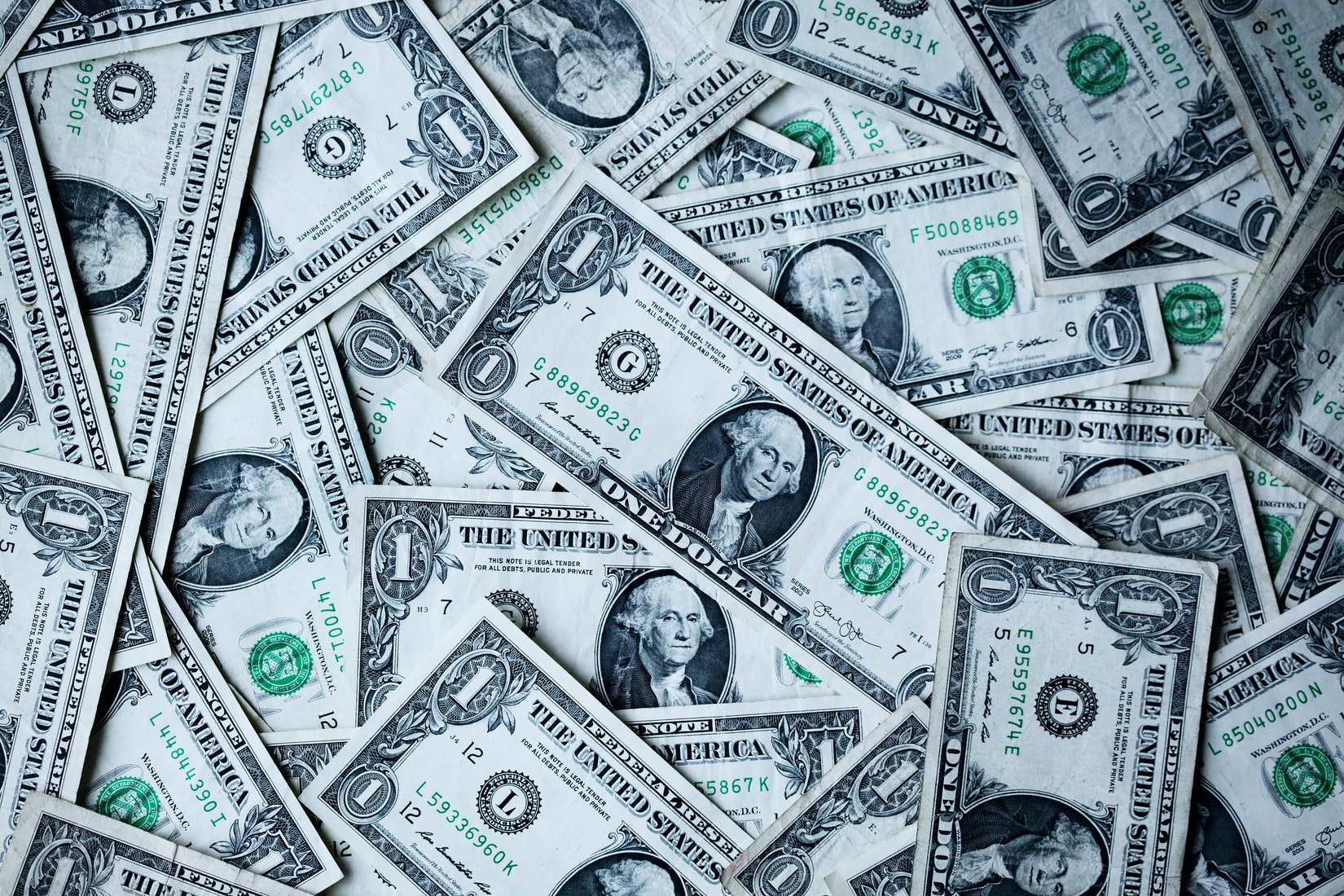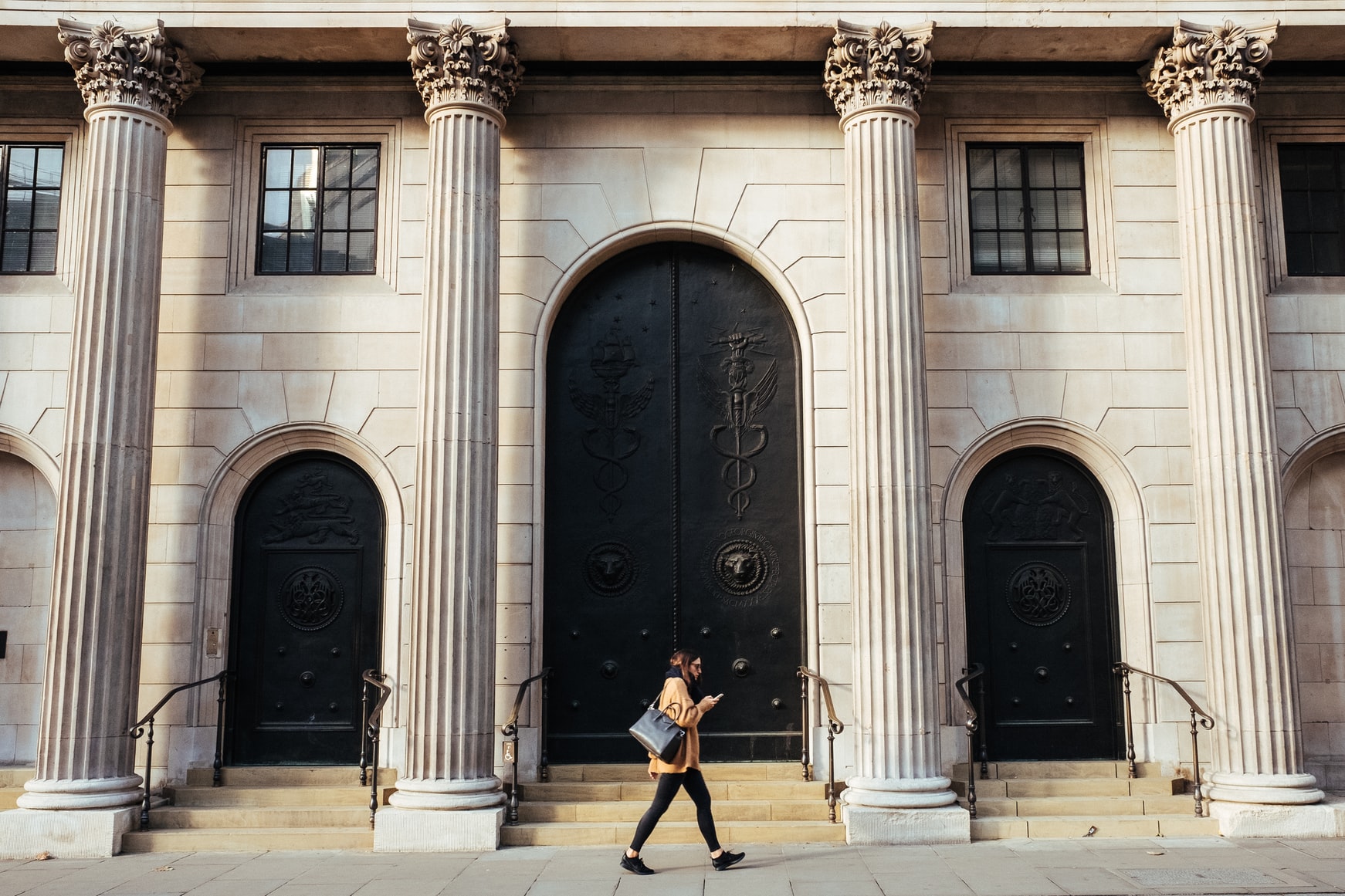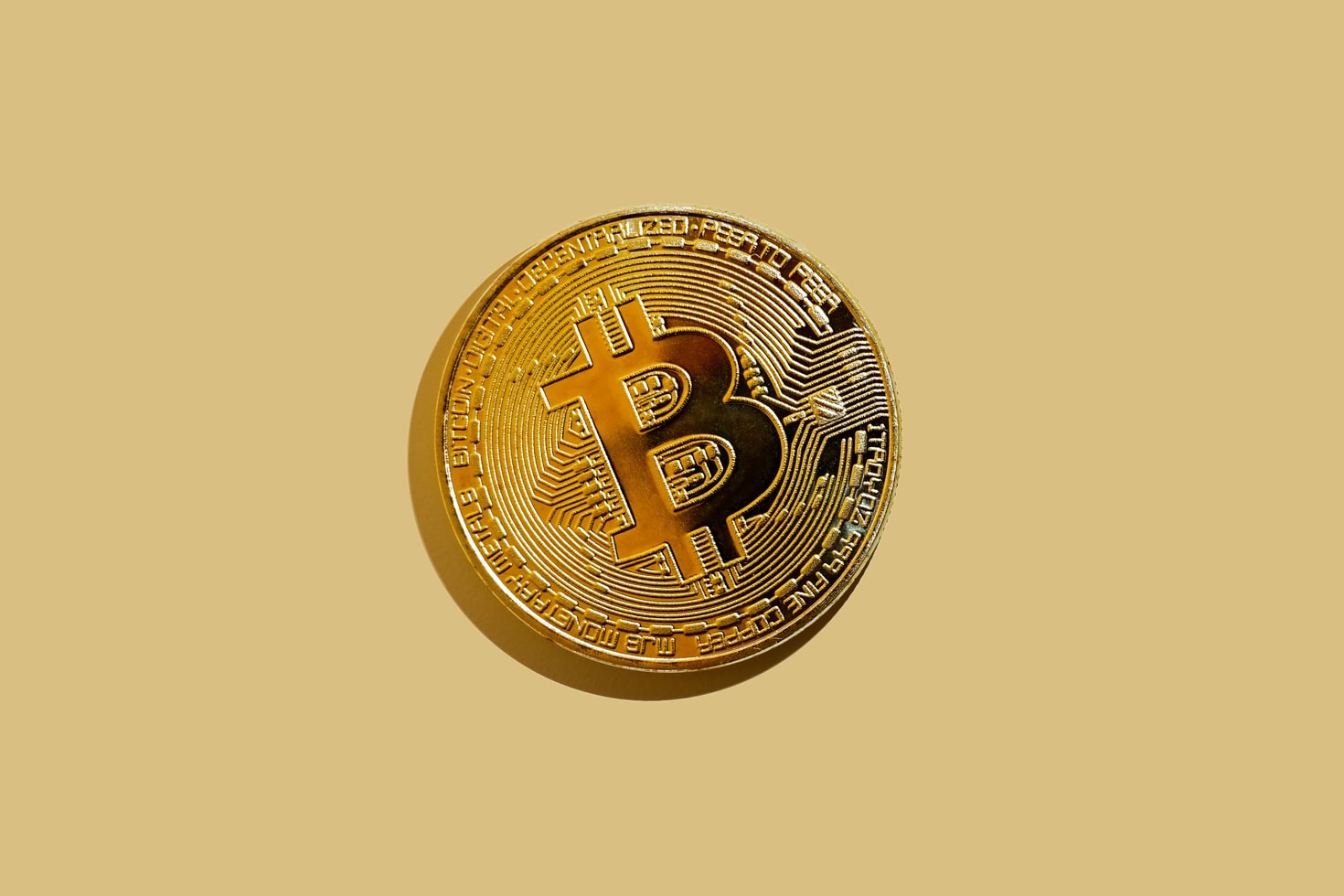How Do Banks Make Money?
Ayelen Osorio
Community + Content Marketing
In 2017, banks made over 100 billion dollars just from credit card interest payments alone – essentially earning this revenue by lending money to you and I. However, this lending system is arguably making people poorer, while making banks richer, highlighting one of the pitfalls of our current financial system.
In this post, we’ll talk about how banks make money and explore an alternative solution to our money system. One that empowers the masses, not just the banks.
How Banks Make Profit
Let’s assume you are a teacher and you made $1,000 in your last pay cheque. You deposit this amount straight into your savings account, refresh and confirm that the money is indeed in there. You’re feeling so good, like a thousand bucks so good.
What’s wrong with that?
Well, the bank doesn’t just keep this $1,000 in a private vault waiting for you to withdraw it whenever you need to. This would cost the bank money.
Instead, the bank takes the $1,000 that you deposited and they lend it out to other people. This ‘other’ group of people can use that (your) money to buy the things they need. Eventually, they pay the bank interest fees for using your money (making you a money-making machine).
Banks make more money when they have more in their hands to lend out (think credit cards, loans, lines of credit, etc.). And this works really well for banks – they’ve even taken it a step further.

Playing the Game
Banks play a game called “Fractional Lending” which is basically the idea of making copies of the money you deposit.
In the “fractional lending game,” when you deposit $1,000 in the bank, the bank has the power to go to the magic scanner and turn $1,000 into another $10,000. Just like that, from nothing. As they see fit. When they see fit.
They take the money that you deposited and miraculously turn it into 5 or 10 times more in order to lend this extra money to other people that might need loans. Then, they make interest on every dollar that you deposited AND every dollar that they created from the magic scanner. In this way, banks are making revenue from two sources.
But this “game” is a game that only banks can play because if you and I try to print our own money, we’d go to jail (to learn more on the effects of printing unlimited amounts of money read this blog post). It’s these special powers that banks have, and the close relationships to government officials, that allow them to sustain the fractional lending model. But this comes with its own set of consequences.
As Saifedean Ammous, author of “The Bitcoin Standard,” states:
“Having the ability to print money, literally and figuratively, increases the power of any government, and any government looks for anything that gives it more power.”
“Banking has evolved into a business that generates returns without risks to bankers and simultaneously creates risks without returns for everyone else.”

Who Pays The Price When Banks Print More Money?
You do (we all do). Printing more money increases the supply that is circulating in the economy. The more money there is, the less value it holds because of supply and demand.
As an example of this, if there are a ton of Ferraris in production they’d be cheaper to buy because there’s a lot of them available. And vice versa. If there are less Ferraris available, they hold more value and therefore become more expensive.
So when banks print all this extra money and inject it into the economy, the value of the $1,000 you deposit in the bank account actually goes down. If there is more money chasing the same amount of goods, then prices will rise. With higher prices, you can now afford less goods than you were previously able to.
This is called inflation. Inflation makes the majority of people poorer because their money is losing buying power over time.
There Are Consequences To Printing (Unlimited) Money
In 2008, the President of Zimbabwe approved the decision to print unlimited amounts of money in order to pay for government expenses. It created a hyperinflation of 6.5 SEXTILLION % (that’s 22 digits). People were using a wheelbarrow full of cash just to buy bread. Imagine how much cash would be needed to pay rent, medical expenses or a house?
And just recently, the U.S. Federal Reserve announced its willingness to print unlimited amounts of money to support the U.S. economy during the coronavirus crisis. If they go ahead with this, it begs the following questions:
- What will this do to the U.S. and global economy in the long-term? What will be the consequences of printing more money?
- What will this do to the value of the dollar? And what will be the impact to our personal wealth over the long-term?
- Who will be the real winners?
The problem is that as a society we are not particularly aware of the current money system and how it might be at a disadvantage for us. This might be because our school system doesn’t teach us about money. Plus, we just think of our current money system like we think of the Laws of Nature – it is what it is and will be what it will be.
But it’s exactly this mentality that makes it the perfect recipe for banking institutions to hold a monopoly. Understanding how and why our current money system works is essential to understanding the future evolution of money. And understanding our money system is the first step to protecting our personal wealth.

Can Bitcoin Protect Our Wealth?
Bitcoin is a digital currency that was created back in 2008. At the time, the minds behind it put in place a periodic protection against inflation called Halving.
Bitcoin was the first scarce digital asset without a centralized owner, like a bank or a politician. It’s scarce because its monetary policy is strictly set to 21 million coins. No more and no less. Its circulation isn’t being manipulated or controlled by authoritative figures.
Bitcoin’s monetary policy is ideal for market participants like you and I looking to protect our wealth from the powers that be. The reason being because Bitcoin levels the money playing field by limiting production of money and wealth so that the rich don’t get richer just by printing more paper money – a price that we must all pay in the end. Not the banks.
“Bitcoin is the beginning of something great: a currency without a government, something necessary and imperative.”
– Nassim Taleb, Statistician, former Trader and Risk Analyst
If you’re looking to buy Bitcoin or other crypto in Canada, Netcoins makes it easy and quick for you. You can sign up here or read more here.
Learn more about how banks make money here:
How the banking system is making you poorer (without you finding out).
How banks keep you poor.
How Banks Keep You Poor (the Truth)
Written by: Ayelen Osorio
Writer, community + content marketing at Netcoins. Life's biggest enthusiast. Learn crypto with me.